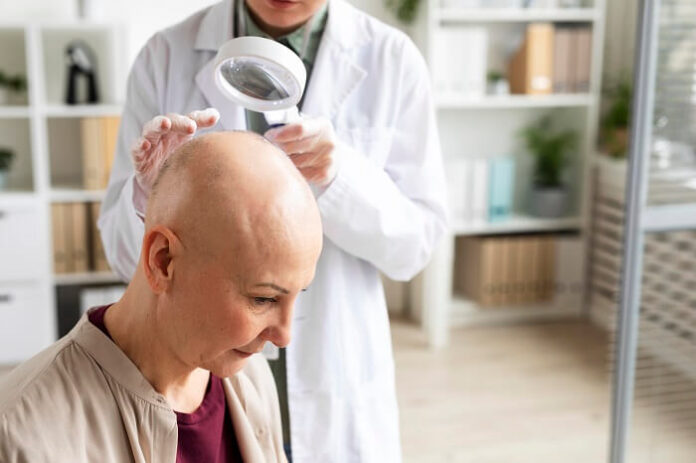Researchers from the University of Sheffield and COMSATS University in Pakistan have discovered a groundbreaking treatment for hereditary-pattern baldness using a naturally occurring sugar called deoxyribose. The study, published in Frontiers in Pharmacology, reveals that deoxyribose gel, originally tested for wound healing in lab mice, promotes significant hair regrowth.
As reported by timesofindia, the discovery occurred when scientists observed rapid fur regrowth around wounds treated with the sugar gel. Further testing on male mice with testosterone-driven hair loss showed the gel’s remarkable efficacy, producing long, thick hair comparable to results from minoxidil, a widely used hair loss treatment.
Deoxyribose, a component of DNA, appears to enhance blood flow to hair follicles, stimulating growth. Unlike finasteride, a prescription drug for male-pattern baldness, deoxyribose gel is biodegradable, non-toxic, and free from significant side effects.
“Boosting blood supply to the hair follicles may hold the key to treating hair loss,” said tissue engineer Sheila MacNeil from the University of Sheffield. The gel also shows potential for regrowing lashes and brows post-chemotherapy, offering hope for under-researched areas of alopecia treatment.
While further studies on female hair loss and human trials are needed, the research marks a promising step forward in tackling androgenetic alopecia, which affects up to 40% of the population.
























